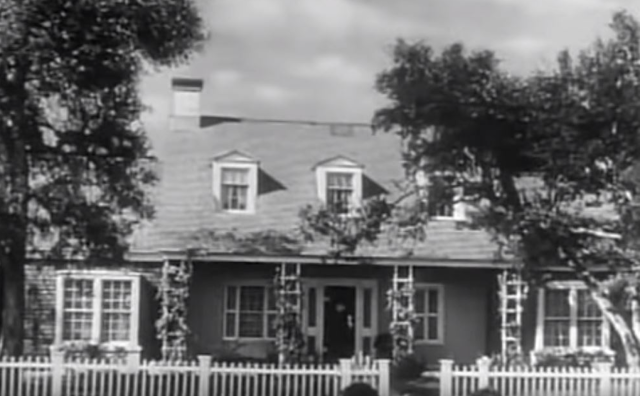I first heard the word "semiotic" from my internist of three decades, Dr. Richard P. Cohen.
I'd visit Dr. Cohen once a year for my annual physical. An EKG, the scale, the turn and cough, and the dreaded two fingers. After the reading and poking and prodding came the talk. During these talks, Dr. Cohen would impart a tiny morsel of wisdom. Wisdom underscored by its brevity and simplicity. It would last me at least until my next visit. As did his two fingers.
One morning (I always got an 8AM appointment) he asked me, "do you know what semiotics are?"
I answered honestly, "no."
"Semiotics are why I wear this white lab coat. There's no longer any functional purpose behind it, but by wearing it, it separates me from you. It says 'I'm a doctor.' Just like you wearing blue jeans to work says you're creative."
Not a bad lesson to go with your 114 over 74.
Sometime later when the advertising business seemed to be stricken with Interaction-Design-Itis and UI, CX, UX, or some other agglomeration became the buzzwords du jour for what seemed like a century, I was thinking about what made a successful website and again I thought about semiotics.
This was back in the early oughts and I realized something people still don't think about as we make everything so baroque and fetishized.
Or everything so AI'd. Or Metaversed. Or crypto'd. Or as Thursday's Wall Street Journal details, so criminal and fraudulent.
Amazon is great not because of (actually in spite of) its design. Amazon is great because semiotically it recreates--or it did twenty years ago--some of the ambiance of fantasy small town America. At a time when the bookselling industry was modeling the experience it provided on Home Depot--big, dumb, unhelpful and impersonal, Amazon was attempting to create a white-picket-fence small town.
Think of a bookstore in Mayberry where Andy Griffith lived, or Mayfield, where June and Ward Cleaver lived, or Springfield where the Father Knows Best family lived.
If you went into a bookstore in any of those towns, the book seller would know your name. She'd know your reading habits and have adroit recommendations at the ready. The coup de grâce was money. If the price of a book was reduced shortly after you bought it, the book seller would give you seventeen cents back.
That's exactly how Amazon behaved.
This post isn't about Amazon today.
It's about my world and probably yours.
As someone who's written a blog post every work day for almost seventeen years and who reaches about 85,000 readers a week, I often think of myself (in addition to my advertising self) as a writer on a successful small town newspaper. One of the reasons I write so assiduously is that, I believe, my readers count on me. I have a commitment to them. Not much different than a school crossing guard or, say Charles Schulz when he was creating "Peanuts." A lot of clocks would stop if you miss a day.
As a denizen of Manhattan, a large city, it's perhaps stupid that I think of myself as a small-town guy.
But I am.
My Linked In network, at almost 30,000 followers, is too big to regard as small, but smallness, at least semiotically, shines a light on how I feel we should behave toward each other.
There are a lot of performative asses on any social network who post placards and Oprah-isms that say things like "Be Kind." Platitudes sweetened with more than a few teaspoons of banality.
There's nothing wrong with saying be kind.
But in our own personal small towns--our networks--we actually can be kind. Not overly solicitous, but genuinely kind.
We can talk to friends we haven't spoken to before. We can give a pat on the back or a word of praise. We can offer to lend a hand if it appears a hand is needed.
Whenever I'm on an airplane for instance, and I see a small person struggling to put a large bag in an overhead bin, I offer to help. I'm big and strong and it's the right thing to do. It would be how you act if you lived in an actual neighborhood. You'd bring in someone's trash can if they were away for the weekend, or you offer to walk their puppy if the snow made it hard for them.
There's a macro-sized bit of my point. I'll call it "brand kindness."
At the brand-level it's treating people as you wish to be treated. Not so you can advertise how kind and noble you are. But for less avaricious reasons: like it's the right and moral way to behave.
I think that all holds true for the agency business as well. If agencies actually thought about the brusqueness and inhumanity with which they treated their employees--and did something about it--maybe the industry's attrition-rate wouldn't be hovering (my guess) around forty-percent--meaning staff turns over completely every two-and-a-half years.
Maybe all of us should write somewhere as a frontlet, "I live in a small town."
Maybe that will help.




No comments:
Post a Comment